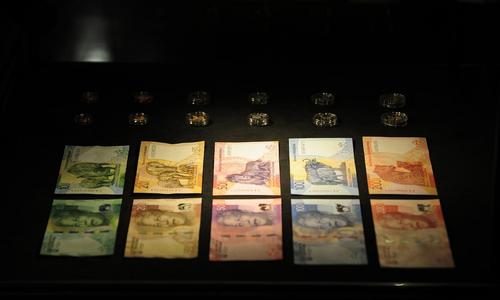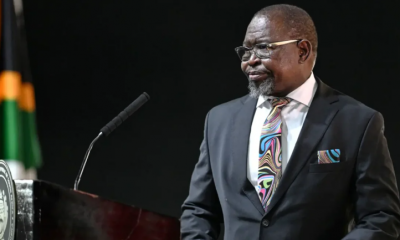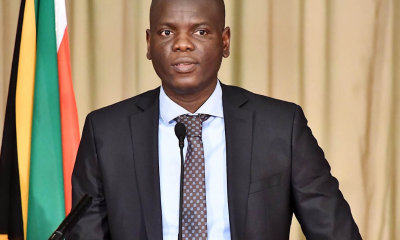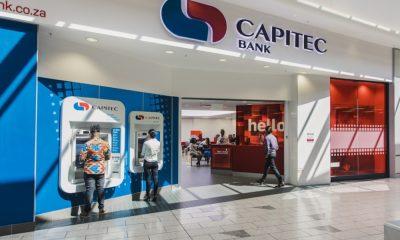News
GBP/ZAR Correction Could Drive The Pound Towards 23.50 Against The South African Rand

The Pound to South African Rand (GBP/ZAR) exchange rate experienced a slight retreat as the new week commenced, narrowly avoiding record highs. However, there is a possibility that the GBP/ZAR correction could drive the Pound towards 23.50 against the South African Rand as reported by the Pound Sterling Live.
This projection is contingent upon the US Dollar maintaining a subdued stance and stable domestic economic data.
In early Tuesday trade, the South African Rand showed relative stability compared to its comparable counterparts, following a strong rebound from earlier lows that had reached record levels in some cases during the opening session of the week.
During early trade in the week, there was a rise in risky assets, such as stocks and commodities, accompanied by a softening of Dollar exchange rates. This price action coincided with clarifications from Pretoria and Washington regarding allegations of arms transfers to Russia, aiming to ease concerns on the matter.
In a statement on Monday, President Cyril Ramaphosa emphasized South Africa’s commitment to the principles outlined in the United Nations Charter, which include peaceful dispute resolution and refraining from the use of force against the territorial integrity of other nations. He further stated that the conflict between Russia and Ukraine requires a political resolution rather than a military one, asserting South Africa’s non-aligned position.
The president reiterated the nation’s determination to maintain an independent and non-aligned foreign policy, guided by historical lessons and resistant to calls from any source to deviate from this stance.
Also Read: Finnish President meets Cyril Ramaphosa in Pretoria
The statement followed a week of losses in South African exchange rates, which were exacerbated by public comments from the US ambassador alleging arms transfers to Russia via a cargo ship that docked in the country in December. However, the Rand rebounded as Finance Minister Enoch Godongwana downplayed the possibility of trade sanctions arising from the allegations.
Annabel Bishop, the chief economist at Investec, notes that the Rand experienced a turnaround as global financial market sentiment became less risk-averse towards emerging market (EM) currencies. Volatile markets are currently buoyed by the anticipation that the US has completed its rate hike cycle. This leads to expectations of a weaker US Dollar for the remainder of the year, which would benefit EM currencies.
Following last week’s substantial losses, Goldman Sachs reversed its earlier upgraded forecasts for the South African currency. However, the bank also acknowledged that the near-term risk-reward balance is more evenly poised, and the declines can be reversed.
Kamakshya Trivedi, co-head of global foreign exchange, interest rate, and emerging market research at Goldman Sachs, explained that concerns about power outages exacerbating an already weak growth outlook have increased, and with inflation remaining high despite low growth, the South African Reserve Bank (SARB) faces a challenging trade-off in managing the situation. This may constrain the SARB’s ability to raise interest rates to anchor expectations and support the carry in a sharply depreciating currency.
Looking ahead, the market is awaiting first-quarter unemployment figures, scheduled for release on Tuesday, and retail sales data, expected on Wednesday. Additionally, forthcoming inflation data for April and an interest rate decision by the SARB next week will be closely monitored.
Also Read:
Photo: Facebook / @SA Reserve Bank






















